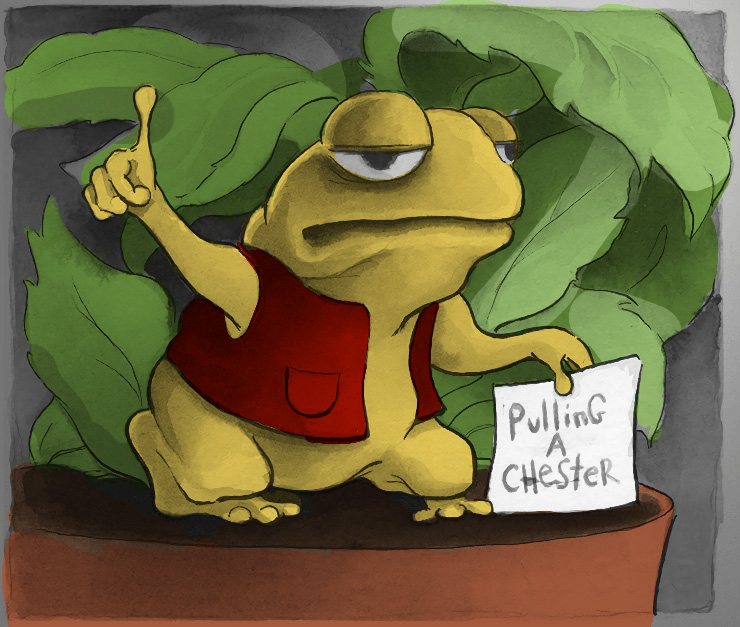Read by Matilda Longbottom
Back in February, I was moving some potted plants from my Chesterfield, Virginia, home to the Green Bay (Virginia) weekend farm that my son and I own. When we arrived Friday night, I set the plants (begonias, aloes, and various others) on the kitchen table with its northwest window. This would provide enough filtered light to nurse them until the real deal—springtime!
Saturday mornings at the farm in winter are chilly. I stoke the woodstove, start coffee, do last night’s dishes, tend the stove, pour coffee—that’s the routine. If the sun is up or a guest is with us, we take the coffee and do a walkabout. On cold February days, maybe not so much…at least not until the sun warms the country air. This particular morning, I did my wandering in the kitchen while I pondered the back of the farm property. So much to do. Deer fence to put up, garden rows to create, seeds to start inside, repair work on the rusty shed—yikes!
Just then a little movement on the kitchen table caught my eye. I glanced over. There on the edge of a terra cotta pot perched a mid-sized brown toad. Since I’m the type to anthropomorphize all creatures, I immediately launched into a ridiculous gushing.
“Oh my, look at you!” I cooed like a rarely seen aunt. “You hitchhiked all the way out from Richmond, Virginia? Who can blame you? Not me!
“Well, you brave little toad, now you live in a poor-looking angel wing begonia in Green Bay, Virginia.”
Because the little toad came from Chesterfield County, I named him Chester. I didn’t feel comfortable releasing a toad into the winter weather outside, so I let him stay in our kitchen. Actually, I got so busy doing farm prep and dealing with the old, dusty, spider-infested house that I forgot all about Chester.

Until the next weekend. Once again, I was puttering around the cold kitchen, shivering while I waited for the woodstove to warm us up. I so love the toasty warmth of a woodstove fire, but waiting for it to raise the temperature of a room—one degree at a time—is an exercise in Zenlike patience.
All of a sudden, I thought, “Chester!” I went to the angel wing begonia and peered all around looking for signs of a digging amphibian. No Chester. Great. He probably tried some gymnastic dismount from the plant, broke his legs, and dragged his poor, rotting body somewhere secret—which would become apparent as soon as that wood fire heated everything up.
But even after the room warmed up, there was no sign of poor, dead Chester. I chastised myself for my bad judgment. Next time, toads don’t stay inside!
The next day, I was again coaxing the coals to make me warm. The aroma of strong, bold coffee mingled with the smell of burning oak. It was a bright Sunday, and the potted plants on the kitchen table seemed to be enjoying the bright warm patches of sunlight that spotted and streaked through the kitchen. Such simple still lifes are one reason I love our little farm.
Another still life suddenly caught my eye. There, perched on a geranium pot, sat Chester. He appeared to be watching me, with a look on his face that said, “Hey, nice to see you. I grew tired of the begonia, so I moved.”
“Chester, you’re alive!” Yes, I talk to toads—didn’t we already establish that? Chester had been taking care of himself, moving around to find the place he liked best. That gave me a simple philosophy: If you don’t like the pot you are in, dig out and move.
I use that simple philosophy whenever I sense the need for change. Bored on the job? Pull a Chester and find a new one. House no longer meeting your needs? If a toad can move from one place to the next, so can you. Be bold! Be free!
Somewhere around the end of March, I released Chester outside, back by the small creek. I knew he’d take good care of himself, just like he had in the kitchen.
So now, every toad I see at the farm is Chester. I don’t care if it’s a little baby or a big ol’ granddaddy, it’s Chester. Sometimes I spy a fat, dusty Chester hiding under the Johnson grass while I’m weeding. Once a flat of tomato plants, sitting out in the rain, became a hiding place for my little brown buddy. I was planting them quickly, grabbing them out of their various yogurt and cottage cheese containers. When I clutched the last one, a big, slimy blob jumped out at me. “Chester!” I exclaimed. “You’ve been mudbathing in the tomatoes! So nice to see you. But you better hop off now and find the creek.” Other Chesters live under the nonfunctioning hot tub (along with the frogs who live in the nonfunctioning hot tub).
Every one of them makes me smile—and makes me remember that cold February day when the first Chester came to our farm. ❖


 Previous
Previous

